
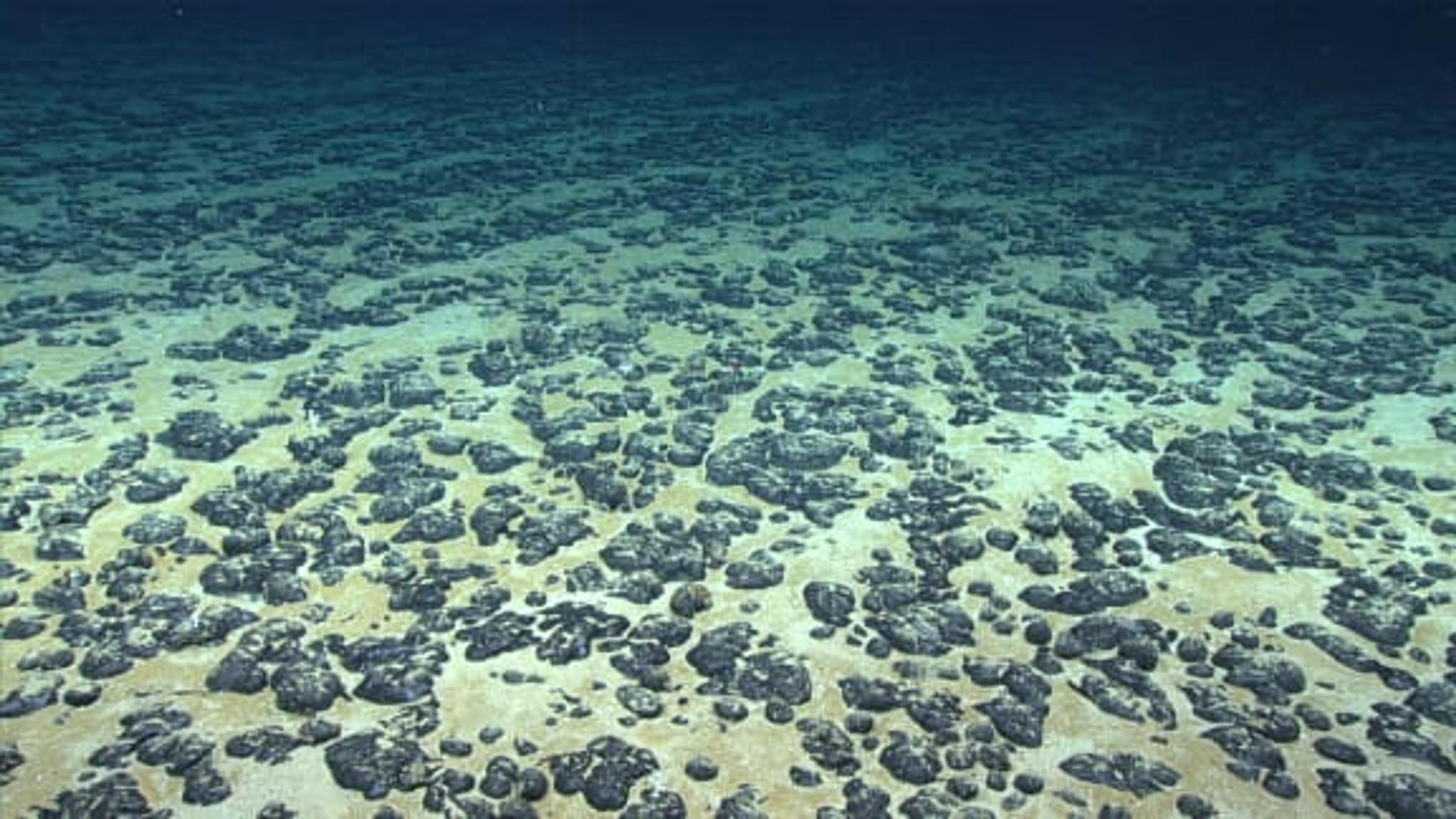
Polymetallic nodules in the western Atlantic Ocean, 2019.
Photo/NOAA Ocean Exploration
Seabed mining or mineral harvesting? A deeper look at Cook Islands’ changes to the Seabed Minerals Act
The Cook Islands government is exploring options around seabed mining, so will a name change make any difference?

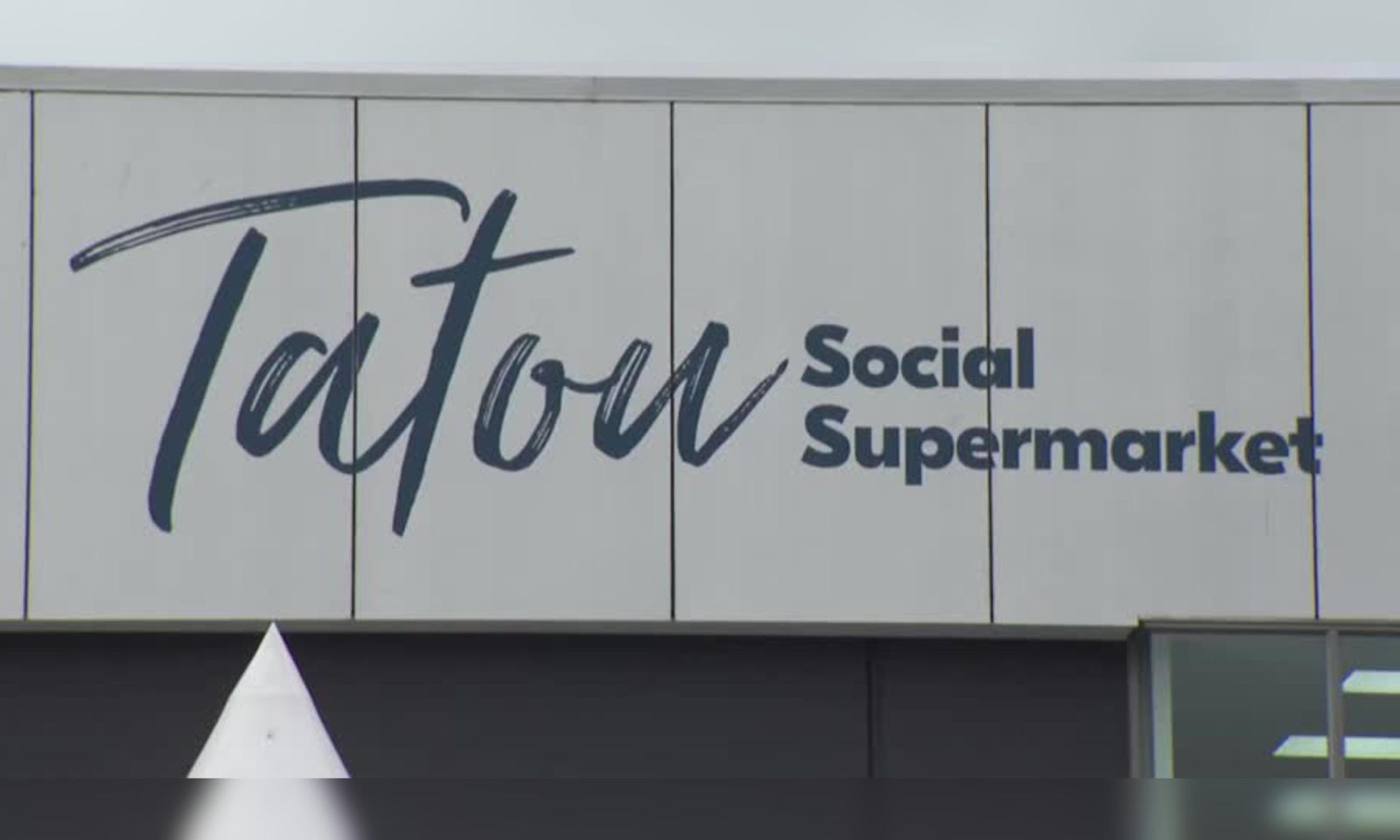
Social Supermarket accused of ‘greenwashing’, while service's CEO says its ‘making a difference’
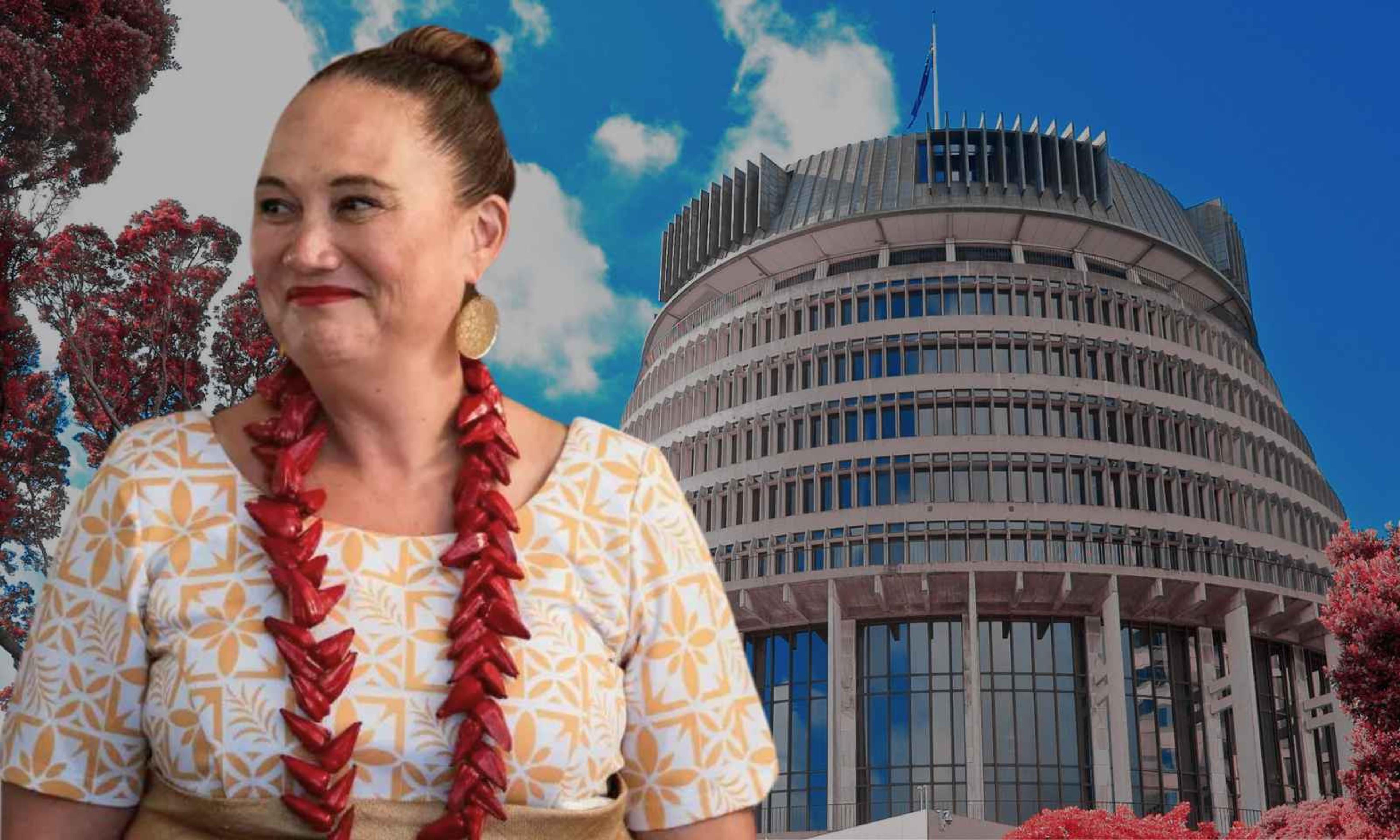
‘We can’t get carried away on polls’: Labour Deputy Leader responds following positive results
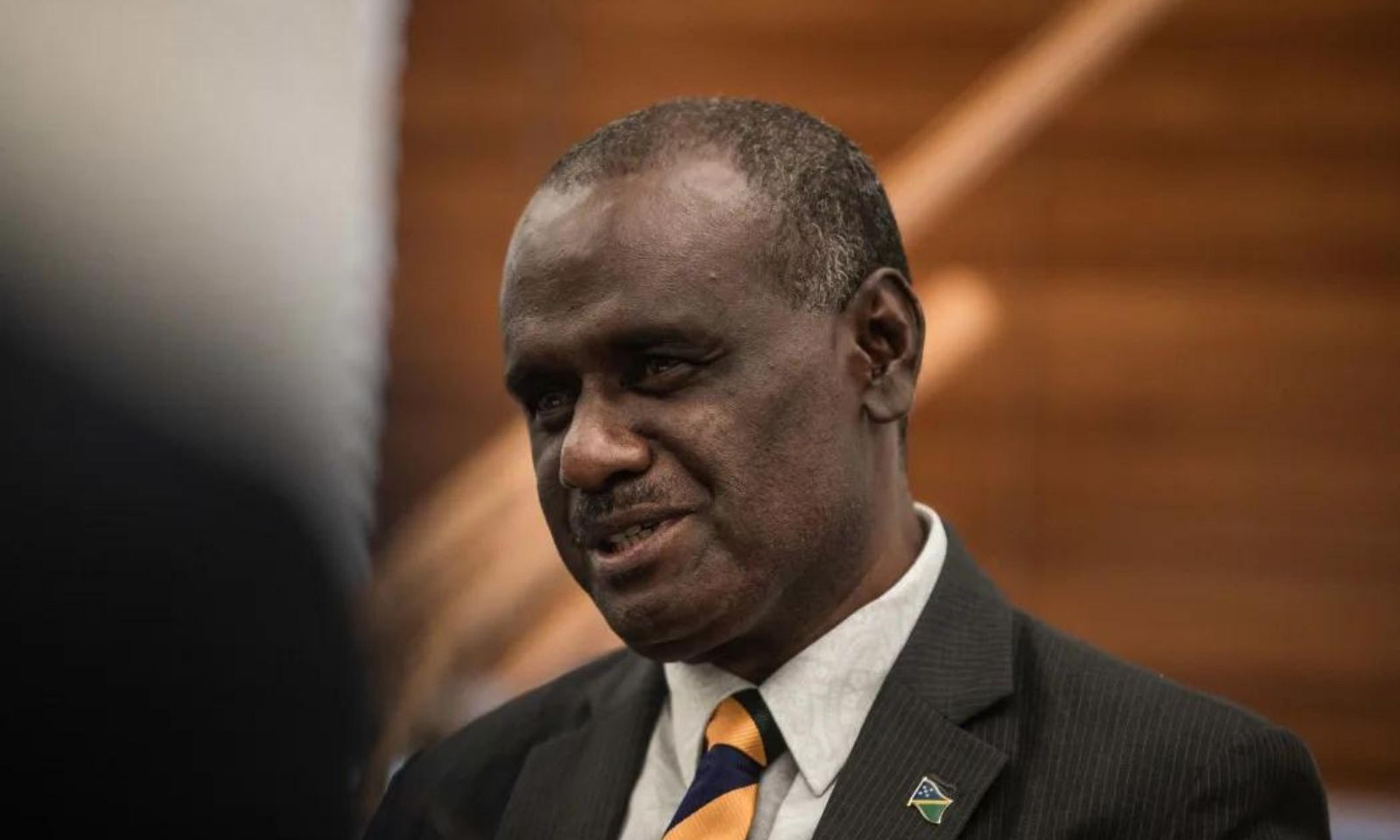
'Respect and uphold democracy': New Solomons PM calls for unity and peace

Pacific arts scene ‘stronger than ever’, while future funding in question

Social Supermarket accused of ‘greenwashing’, while service's CEO says its ‘making a difference’

‘We can’t get carried away on polls’: Labour Deputy Leader responds following positive results

'Respect and uphold democracy': New Solomons PM calls for unity and peace
There are calls for the Cook Islands to keep an open mind when it comes to deep sea mining, after a controversial name change to government legislation.
The Cook Islands government last week approved the changed wording in the Seabed Minerals Act from "deep sea mining" to "mineral harvesting" when referring to a collection of nodules.
Political commentator Thomas Tarurongo Wynne says eight clauses were changed, but both terms are used where it's appropriate.
“When we think of mining, we think of something digging into the ground and leaving these dirty, great holes … harvesting is closer to what they’re doing.
“The difference is like, when I dig potatoes I dig in the ground and I pull the potato out, but when I’m collecting apples, I’m actually harvesting it.”
Environmental groups like Te Ipukarea Society are blasting the changes as "greenwashing", dressing up a destructive practice to look more environmentally friendly.
A new report by environmental charity The Ocean Foundation claims deep sea mining companies have ignored the difficulties in extracting the metals. One of the report’s authors, Bobbi-Jo Dobush told Radio New Zealand that the mining companies have only looked at the ideal scenario.
“The financial modelling-to-date around seabed minerals has been criticised as being hyper-optimistic, checking the best case scenario box at every turn.
“In order for anyone to make money off this, these 10 things would have to go right, well there's no guarantee these things will go right and a lot of them seem to be going the other way.”
What’s the big deal about these minerals?
Seabed minerals such as manganese are used in metal products such as steel and it is also used in batteries for electric vehicles and electronics. It can be mined from rocks and soils, but higher concentrations can be found in nodules on the ocean floor.
Cook Islands Prime Minister Mark Brown has spoken in favour of mining for more than a decade, saying the industry could earn the country tens of billions of dollars.
Cook Islands News editor Rashneel Kumar says the country has tentatively been exploring the possibilities and conducting research.
“This month, we have completed our second year of exploration phase in our five year journey, and the whole idea is to know whether this industry is viable and also to understand whether it can be done in the least impactful way. Everyone knows that there would be some irreversible damages, but something could be done in a less-significant way.”
Wynne says, if done sustainably, the income from minerals such as cobalt and manganese could be life changing in the Cook Islands.
“The moemoea, the dream, is that we will have roads and hospitals and education and all of those sorts of things that build a country, that we can maybe attract our people back home again … so that when my Mum gets sick, I don’t have to fly her back here every time.”
Political response and flow on effects
New Zealand officials recently completed a Pacific Mission, visiting the Cook Islands as the second stop on their tour. The Minister for Pacific Peoples, Dr Shane Reti was able to learn more about seabed minerals, saying the presentation was “a revelation”.
“I had never deeply considered seabed nodules, yet through the remote camera, we were able to see how they littered a trench close to Rarotonga and the Cook Islands.”
Also on the trip, Deputy Prime Minister Vaovasamanaia Winston Peters said deep sea mining is “seriously worth looking at”, and that the Cook Islands are entitled to look into the possibility rather than listening to outside opinions.
But University of Canterbury pro-vice chancellor Steven Ratuva says Peters may have spoken out of turn.
“It may have been a diplomatic blunder on the part of the Ministry of Foreign Affairs to mention that and to support it, given the controversy within the forum and within the Pacific with regards to deep sea mining.”
Ratuva says Nauru and the Cook Islands have proactively geared their policies towards seabed mineral harvesting, despite other countries in the Pacific Islands Forum calling for a moratorium on the issue until more research is available.
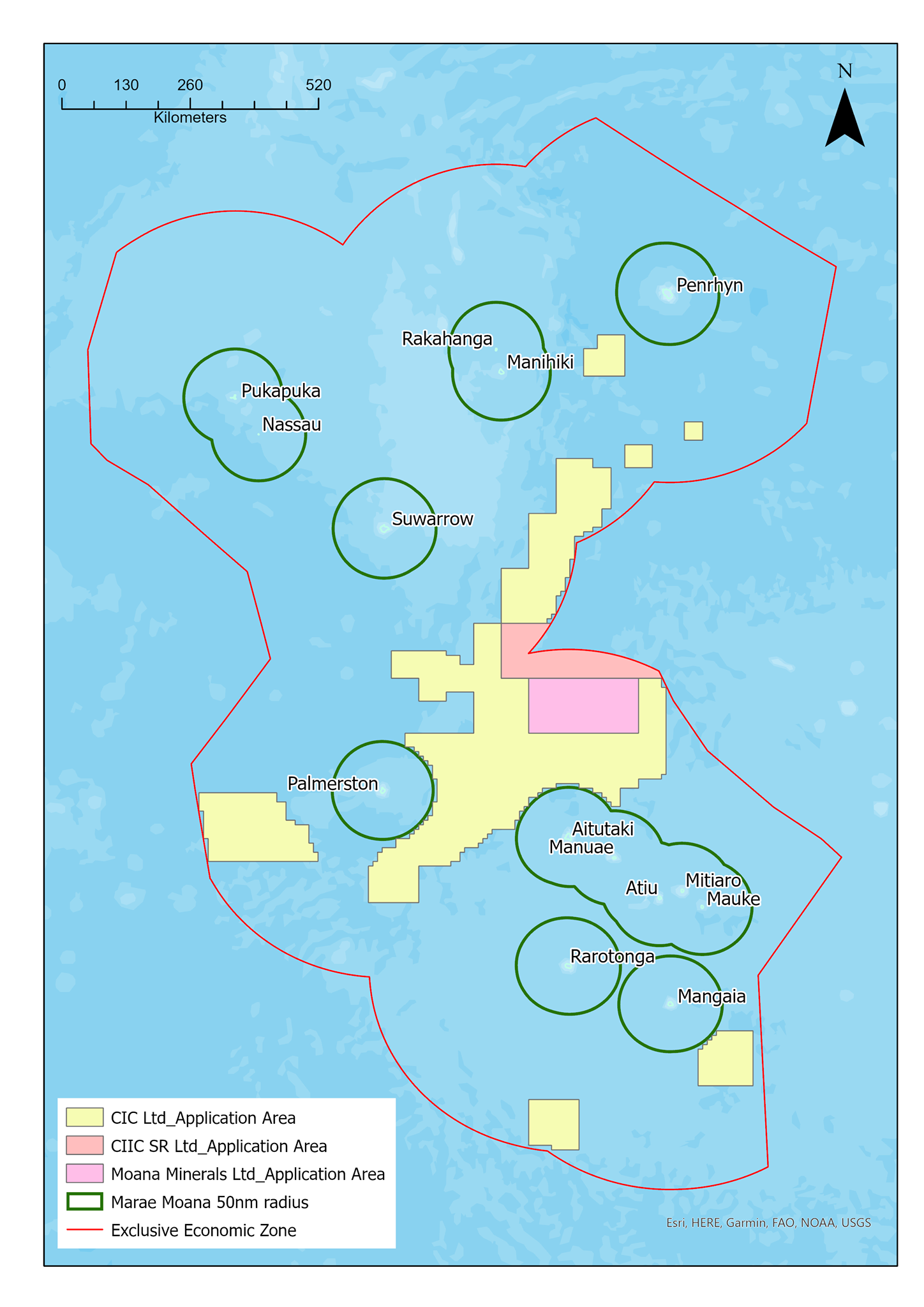
Exploration areas that were approved in the Cook Islands in 2021, including CIC Ltd which was partly-owned by the governernment. Photo/Cook Islands Seabed Mining Authority
Although the Cook Islands is a realm country of New Zealand, Wynne says they’re thinking and acting like a sovereign country, which has its own ramifications around maintaining the exclusive economic zone, or EEZ.
“The problem with sovereignty when we’re talking about the ocean is the EEZ of a country is a legislated wall that sits in the ocean that doesn’t exist.
“Actually, what you do in your ocean affects everybody’s ocean, so that’s where the sovereignty position is problematic because it’s not a swimming pool.”
The exploration phase has attracted criticism, as one of the companies contracted, the Cook Islands Investment Corporation (CIC Ltd), was partly-owned by the Cook Islands government.
Wynne hopes they can reach an understanding between all parties involved.
“We’re all sort of negotiating in our heads, ‘can we trust the government? Can we trust their decisions? Can we trust them if the money comes in’, all these sorts of conversations are folding out.
“It’s integral that we keep the conversation going and we don’t become binary, thinking it’s either here or there and we find some middle ground to massage this so that people feel comfortable in it, because it’s clear there’s some discomfort with this whole conversation.”